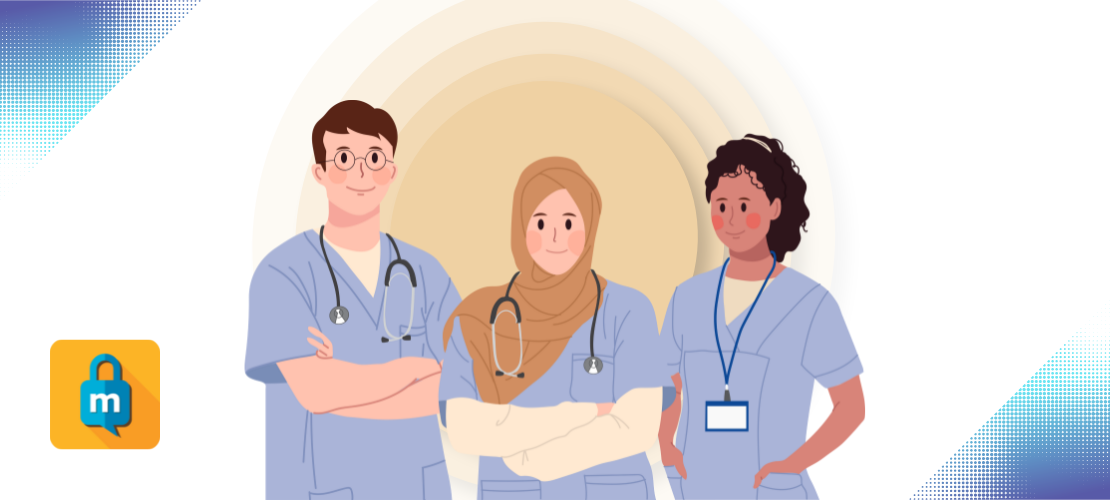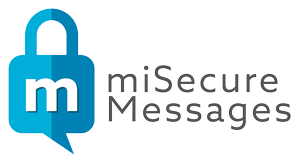
Increasing Patient Safety With Effective Healthcare Teamwork
Miscommunication plus poor teamwork is a dangerous combination for any organization. In healthcare, medical errors can even be lethal. To effectively raise the teamwork dynamic and performance, administrators must consider if communication is a barrier to the team's workflow. A study by Atabak Asvadi Kermani et al., titled "The effects of interprofessional education on teamwork, communication skills and quality of health care in advanced and developing countries: A systematic review and meta-analysis study." describes the result of miscommunication and lack of cooperation in teamwork. The study states that "9800 avoidable medical mistakes are caused by poor communication among different health professionals annually. According to the Association of the Joint Committee on Accreditation (JCAHO), 65% of hospital incidents can be prevented by effective teamwork" (Asvadi Kermani et al., p. 1). Communication, respect, and trust are vital aspects of teamwork, and communication barriers impact infrastructure and medical delivery. To eliminate communication barriers for information exchanges, reduce miscommunication, simplify workflows, and increase patient safety, organizations must invest in a secure messaging app such as miSecureMessages.
What Does Success Look Like?
A successful team requires inter-professional education, which involves collaborating, learning with and from, and learning about each other with team members from different professions. Inter-professional knowledge improves communication and understanding of clinical issues; Asvadi Kermani et al. noted that the study "...concluded that this method reduced the tension among the different health group professions, which ultimately increased patient safety and satisfaction" (Asvadi Kermani et al., p. 6). Effective communication and teamwork can reduce pressure when healthcare providers utilize inter-professional knowledge to understand each other's roles. To simplify the communication process and exchange PHI safely, administrators investing in a HIPAA-compliant messaging app can provide healthcare professionals the confidence and the resources to succeed. With miSecureMessages, healthcare professionals can connect to staff members, and new conversations emerge that are impossible via SMS or pagers. Healthcare professionals can send prescriptions to pharmacies, create referrals, and discuss the treatment process securely and efficiently.
In healthcare, unpredictability is a norm. The range of different treatments and procedures is vast, and healthcare professionals' schedules are often highly volatile. The challenge of transferring PHI to one another disrupts the workflow when healthcare professionals are switching shifts. When organizations invest in miSecureMessages, groups can organize conversations, reducing confusion and uncertainty. Closing the loop ensures critical notifications are handled efficiently and minor issues do not snowball into a more significant problems.
A study by Anna T. Mayo, MS, and Anita Williams Woolley, Ph.D., titled "Teamwork in Health Care: Maximizing Collective Intelligence via Inclusive Collaboration and Open Communication," brings a fascinating insight into what makes a successful team. Most would assume putting intelligent people together would create an effective team. However, Mayo and Dr. Woolley disagree; "In this way, cognitive biases triggered by a group's composition as well as the common knowledge effect can lead people to withhold knowledge because they do not realize they have relevant and unique knowledge to contribute" (Mayo and Woolley, P.h.D, p.936). There's no place for confusion and miscommunication in high-stress environments. Facilitating collaborative and critical thinking for information exchange within a multifaceted team improves teamwork--and, ultimately--saves lives. Mayo and Dr. Woolley state the effects of poor collaboration, "poor teamwork—such as incomplete communication and failing to use available expertise—increases the risk of medical error and decreases quality of care [2-5]." (Mayo and Woolley, Ph.D., p. 934). How does miSecureMessages reduce hierarchical tension and enable team members to adopt inclusive behaviors and promote psychological safety? When healthcare professionals are switching shifts, there could be a lot of uncertainties and questions. Healthcare professionals using miSecureMessages can cover shifts swiftly when tasks are marked as completed or uncompleted within the app. Medical delivery will be quick and accurate when organizations have a responsive team. The exchange of knowledge is quintessential in advancing the quality of patient care, especially when healthcare professionals are within multifaceted teams.

